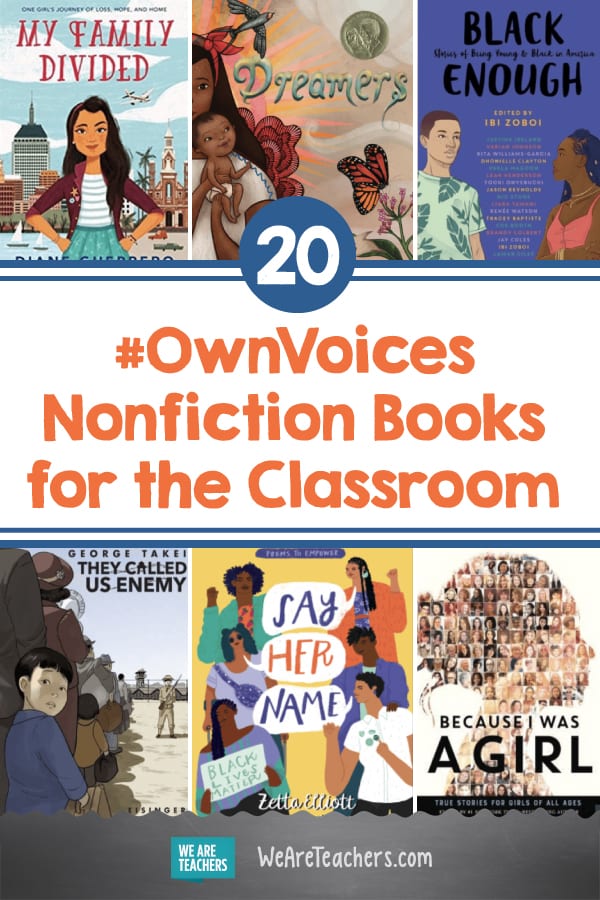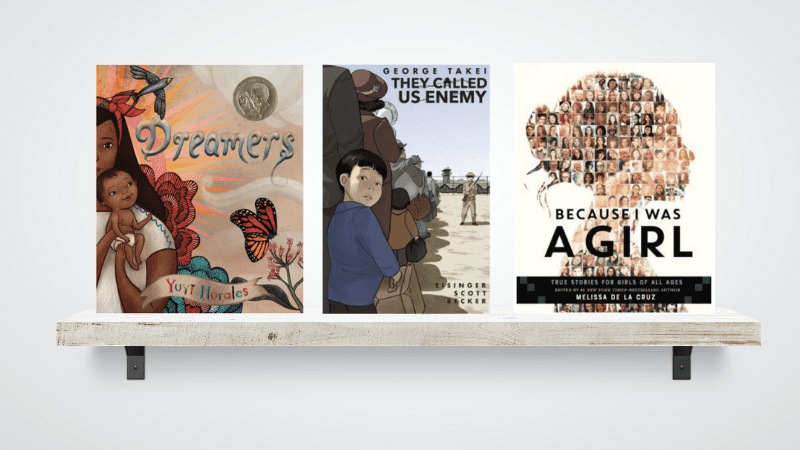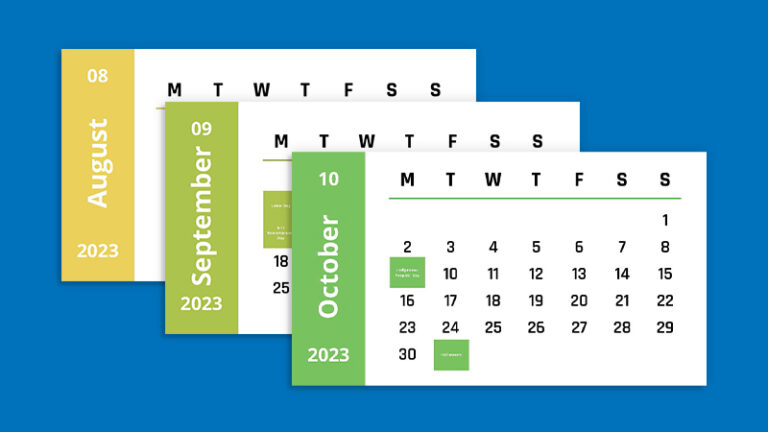It can be hard to find nonfiction books about marginalized groups written by authors who share that marginalized identity. And while our kids need diverse books, they also need diverse authors. The #OwnVoices movement is a helpful guide to finding these texts. Started by Corinne Duyvis on Twitter, #OwnVoices is now used across social platforms to describe and recommend books with diverse characters written by authors from that same diverse group. Check out some of our favorite #OwnVoices nonfiction books below.
Just a heads up, WeAreTeachers may collect a share of sales from the links on this page. We only recommend items our team loves!
Dreamers by Yuyi Morales
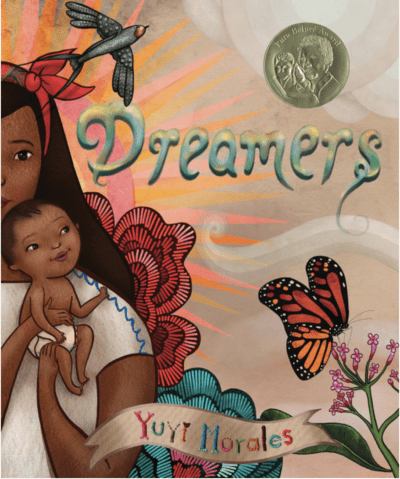
This acclaimed picture book beautifully depicts the author/illustrator as she and her son leave Mexico to resettle in the United States. She holds fast to the hope of a better life. Best for Grades K-2.
A Different Pond by Bao Phi
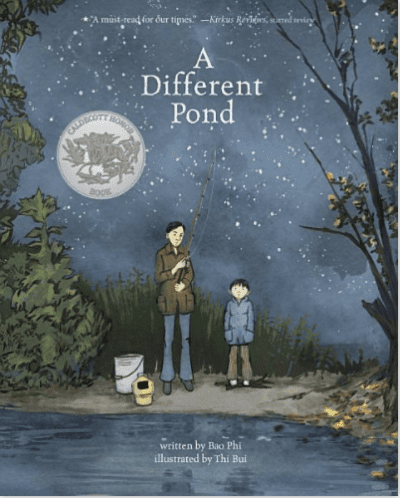
Follow as a father teaches his son about their native country Vietnam in this 2018 Caldecott Honor Book. Best for Grades K-2.
[contextly_auto_sidebar]
M Is for Melanin: A Celebration of the Black Child by Tiffany Rose
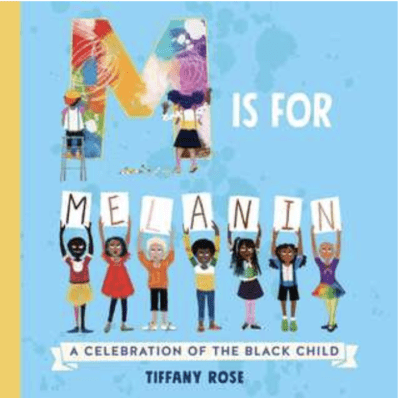
An alphabetical affirmation for Black children that doubles as a vocabulary primer for preschool and kindergarten classes. Best for Grades K-2.
Muslim Girls Rise: Inspirational Champions of Our Time by Saira Mir
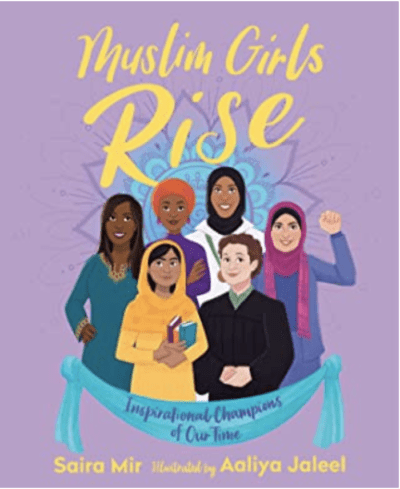
The significant impact 19 Muslim women have made around the world is bought to life through inspiring tales and vibrant illustrations. Best for Grades K-2.
The Undefeated by Kwame Alexander
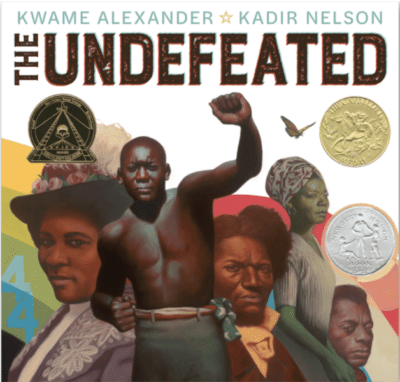
This winner of the 2020 Caldecott Medal and 2020 Coretta Scott King Illustrator Award is a lyrical tribute to numerous Black history icons. Best for Grades 3-5.
My Family Divided: One Girl’s Journey of Home, Loss, and Hope by Diane Guerrero
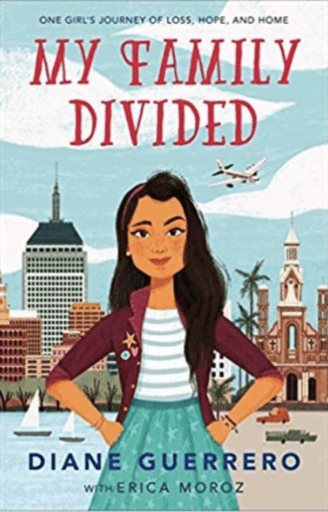
The famous actress recounts how life drastically changed after her parents and older brother found themselves suddenly deported from the United States when she was 14 years old. Best for Grades 3-5.
Woke: A Young Poet’s Call to Justice by Mahogany L. Browne, Elizabeth Acevedo, and Olivia Gatwood
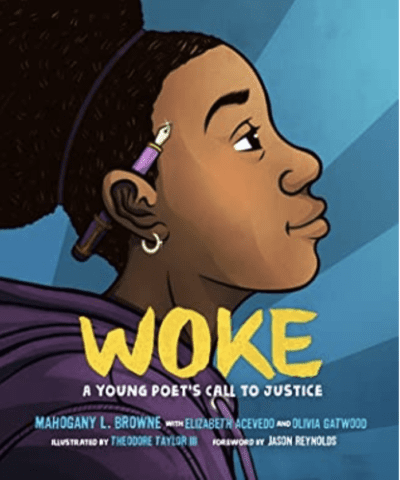
Explore themes of discrimination, empathy, acceptance, and anti-racism via the verse text and spunky graphics. Best for Grades 3-5.
They Called Us Enemy by George Takei, Justin Eisinger, and Steven Scott
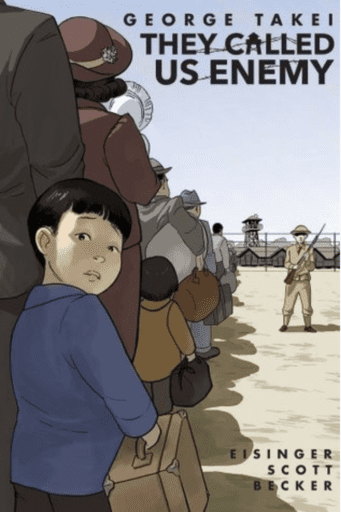
Rendered in life-like illustrations, the actor narrates his family’s experience of living in a Japanese internment camp on American soil during World War II. Best for Middle and High School.
An Indigenous Peoples’ History of the United States for Young People by Roxanne Dunbar-Ortiz, adapted by Debbie Reese and Jean Mendoza
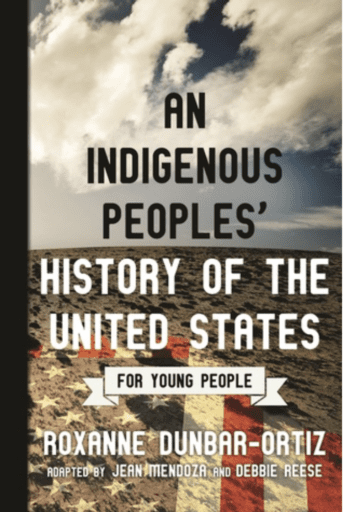
Revised for teens, this book flips the perspective on common American social studies curriculum. Readers find historical events reframed from the point of view of Native communities. Best for Middle and High School.
Because I Was a Girl: True Stories for Girls of All Ages by Melissa de la Cruz
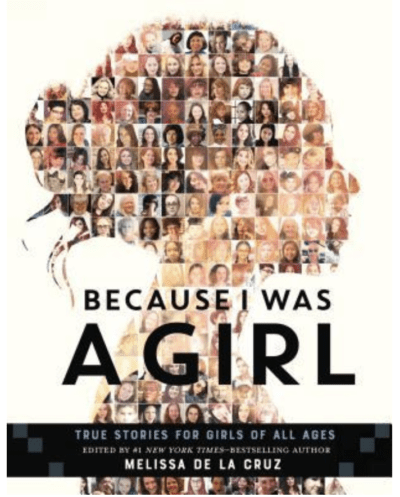
A multi-cultural collection of real-life struggles authors, chefs, and STEM professionals faced because of their female identity. Best for Middle and High School.
How I Resist: Activism and Hope for a New Generation edited by Maureen Johnson
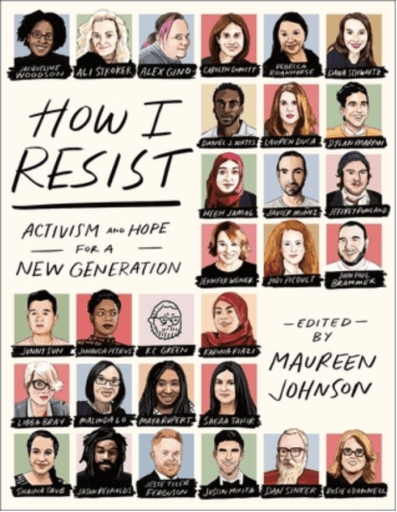
An essay anthology for young adults about proactively addressing unconscious bias and social justice advocacy. Best for Middle and High School.
Say Her Name by Zetta Elliott
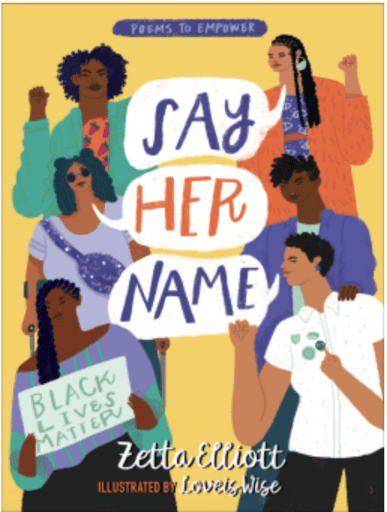
The #SayHerName campaign started by the African American Policy Forum was the impetus for this poetic account. Key female activists in the Black Lives Matter movement call attention to racial profiling and police brutality. Best for Middle and High School.
All Boys Aren’t Blue A Memoir-Manifesto by George M. Johnson
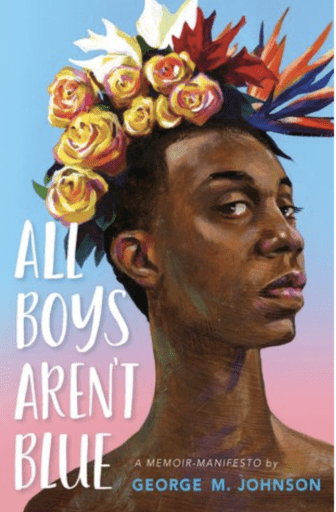
The author explores the intersectionality of being male, a person of color, and queer in contemporary society. One of our favorite #OneVoices nonfiction books. Best for High School.
How Dare the Sun Rise by Sandra Uwiringiyimana (with Abigail Pesta)
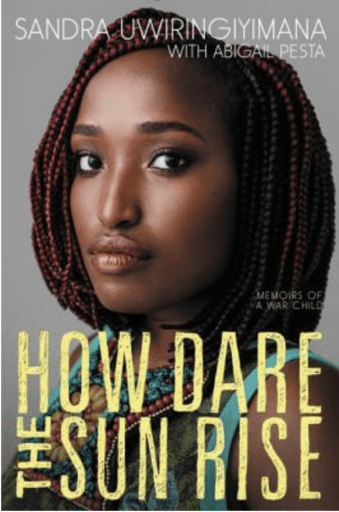
Sandra was 10 years old when her mother and sister were killed in a refugee camp in the Democratic Republic of the Congo. Although she and her remaining family were granted asylum in the United States, she faced many challenges being a middle school student in New York City. Best for High School.
#Notyourprincess: Voices of Native American Women by Lisa Charleyboy
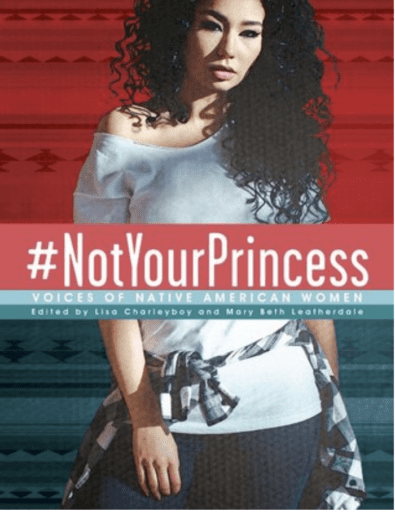
A compilation of poems, essays, interviews, and art written for teens. This #OwnVoices nonfiction book gives voice to too often-ignored group. Best for High School.
Black Enough edited by Ibi Zoboi
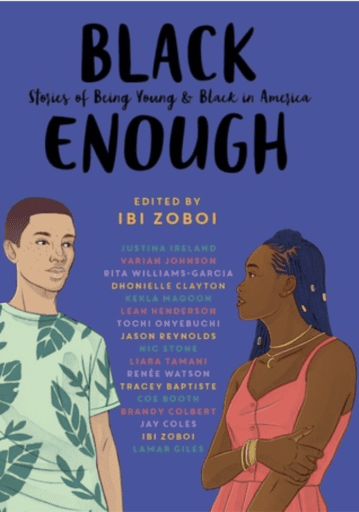
Black youth (from a variety of socioeconomic backgrounds) openly describe growing up Black in the United States. Best for High School.
The Best We Could Do by Thi Bui
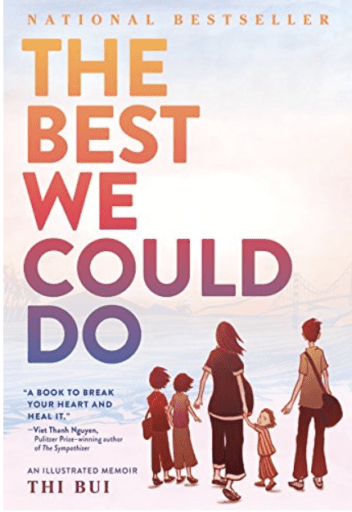
Compelling scenes of cultural identity and parental sacrifice are found in this graphic novel memoir about one family’s harrowing migration after the collapse of South Vietnam in the 1970s. Best for High School.
Don’t Call Me Crazy edited by Kelly Jensen
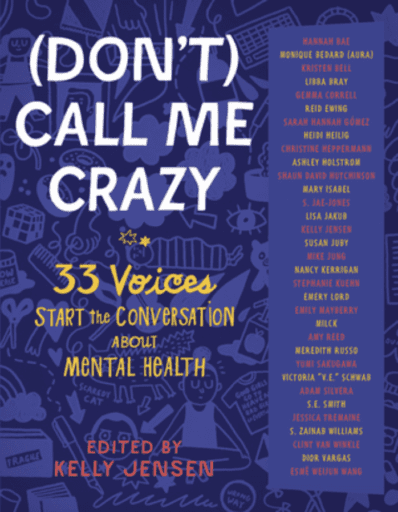
Thirty-three writers, athletes, and artists candidly share how living with mental illness has affected their childhoods, families, friendships, and professional lives. Best for High School.
The Bite of Mango by Mariatu Kamara and Susan McClelland
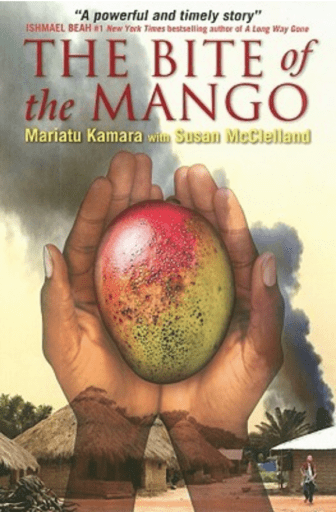
At the age of 12, Mariatu had her hands chopped off by a rebel army in Sierra Leone. She describes the trauma in this memoir as well as the tumultuous years that followed as she recovered and eventually immigrated to Canada. Best for High School.
March: Book One by Congressman John Lewis and Andrew Aydin
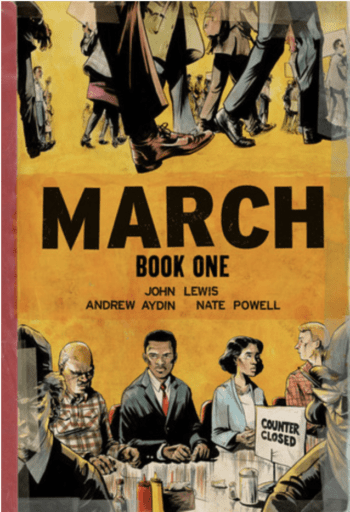
The first installment of this graphic novel trilogy recounts the late senator’s first encounters with Dr. Martin Luther King and the beginning of the Nashville Student Movement as civil action to desegregate the South was steadily gaining traction. Best for High School.
Do you have any favorite #OwnVoices nonfiction books? We’d love to hear. Share in the comments below!
Also, check out #OwnVoices novels to share in the classroom.
